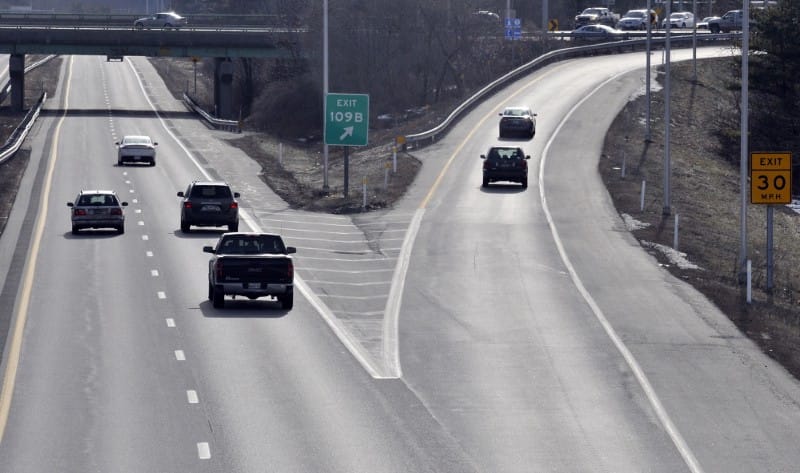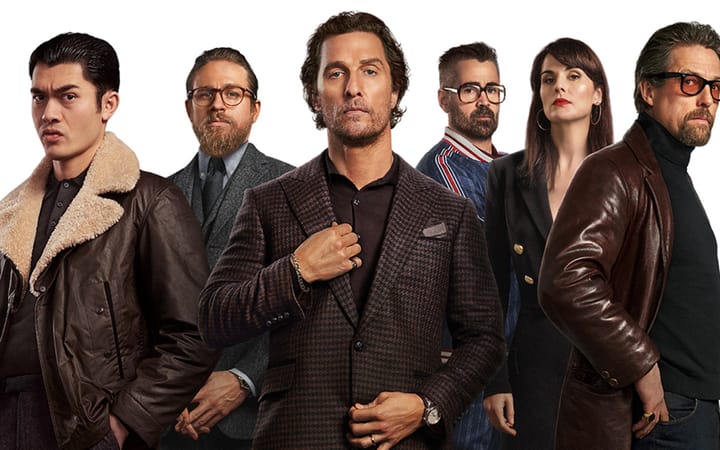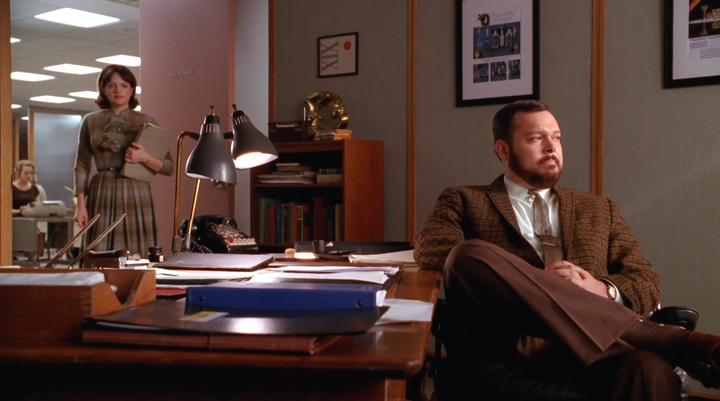Flashback, Sidetracked

Let’s get this out of the way. I don’t like flashbacks. Like at all. I think they are obnoxious, lazy, and inherently counterproductive to the purpose of the story being told.
It’s like you cruising down a freeway, the traffic is flowing, you enjoying the ride to your destination of a cabin in the woods or beach side cottage. Then all of a sudden, you remember that you need to pick up provisions for the weekend. So you quickly veer off at the next exit, to somewhere you’ve never been, drive around aimlessly searching for a grocery store. You spot one, park, go into a store you don’t know where anything is, eventually get you stuff, drive around again finding your way back to the freeway, then finally get right back on where you veered off, just 25 minutes later. It’s a hassle that interrupts your drive and it’s terrible. You should have just placed an Instacart delivery and continue on with your drive.
This is what flashbacks are like.
I am eternally frustrated by them, because they are overused, misused, and are a fundamental misunderstanding of the screenwriting axiom of show, don’t tell. Because that is mostly what flashbacks are — exposition.
Most film and TV shows that use flashbacks seem to think that they are giving the audience what they want, a visual showcase of a story within the story. They problem with that is, I’m good with the story that is right in front of me. The one that you built.The one that I am lost in. The one I am following these characters in the present time.
When you introduce a flashback, it’s like t-boning the main story with a freight train.
It is a complete interruption of the world I am in, to take me out of it to another world, another timeline, for the sake of visualizing information that the creators think is important enough to completely disengage me from the first story they are telling.
I don’t know about you, but my life happens in the present tense. When I tell a story to another person, some magical vision doesn’t play out in real time for my listener. When I recount a story from my past, I use my words. I articulate to them from memory, the setting, my feelings, my perspective.
I want to see this same articulation from the characters I’m watching on screen. Let me see the pain or happiness from the memory they are recalling. As the listener of someone’s story, I reads their expression for cues and understandings to of how to feel, as do the characters within the show.
By playing out the scene of the backstory, this is etching it in metaphorical stone, implying this is definitively how events unfolded. But if anything is a certainty, it’s that the human memory is wildly faulty. This character’s retelling of events is only one side of a story. Others will have different memorizers or perspectives of the same event. By having the character recount the story, you find out what it means to them personally.
Making your characters great storytellers (in combination with a great actor), will captivate your audience, and grow a greater empathy for your character.
Flashbacks insert themselves in numerous arrogant ways. They pop up in the very beginning of movies, force feeding the audience to think and feel a specific way about a character before you’ve even had a chance to make your own judgements about them on their decisions in the present time. They hopscotch through mysteries, showing you trickles of an alternate story, the a previously unknown character miraculously appears to reveal the final clue. Or they give you conflicting perspectives of an event, dicking around the audience because nothing we are know is true.
It is infuriating.
All of this is not to say that every use of the flashback is wrong. In certain circumstances, wielded as a tool with measured understand of its strengths and weakness, can support or add a layers to your story.
One example is where the story itself is a flashback, bookended by present time. This was a technique used in many noirs, such as Sunset Boulevard, where we see the death of our main character, then his story being told.
Another solid use of the tool is when it is essential to the story, being weaved in and out with the present story telling timeline. Main plot 1A supporting main plot 1B. This is worked to perfection in movies like the Usual Suspects and Citizens Kane. You can’t have the one story without the other, at least not with the same powerful effect.
A similar example to the weave, is having two concurrent storylines happening at the same time from different times periods. There is a compare and contrasting aspect, where we stay with each story for significant periods of time. This is exemplified in The Godfather: Part II. While not an exact flashback, it is retelling of the backstory of the beginning of the Corleone Family.
One other distinct use of flashbacks, which is difficult to execute, is when the flashback is incorporated into the present time, like in Game of Thrones.
Most of GOT is told in the present storyline. A great use of characters, information, and detective work for the audience. The characters all converse about past events without minute detail or explanation because they’ve live through it. It’s up to the audience to piece these random parts together to fill out the backstory of the world of Westros before we came in. It pushes the audience to engage and listen.
Partial Spoiler Alert!
While the series later did introduce flashback aspects, one significantly stands out as a beautiful use of flashbacks. If you’re already past the spoiler alert, as I Hold the Door for you, you know what I am talking about. It is a blending of the present, with the past, and syncing them up concurrently in one of the most dramatic scenes in the entire series. The correlation of the two scenes, while it offered a dramatized version past events to share information, it was used effectively because of what it meant the characters and us, the audience, in the present time.
It was staggeringly powerful.
There is power in the flashback, if used precisely and with intention, sans exposition. There are no doubt other films and shows that are classics and highly regarded that use them,Casablanca and Mad Men come to mind, but while they can work, that does not make them okay.
All of this is to say, be skeptical of flashbacks. If writing them or watching them, that feeling of disengagement is wrong and should be questioned at every ‘wavy’ (or other ‘creative’) transition taking us to another time line of the past.
Because typically when I see a flashback, all I want to do is get back on the freeway.





Comments ()